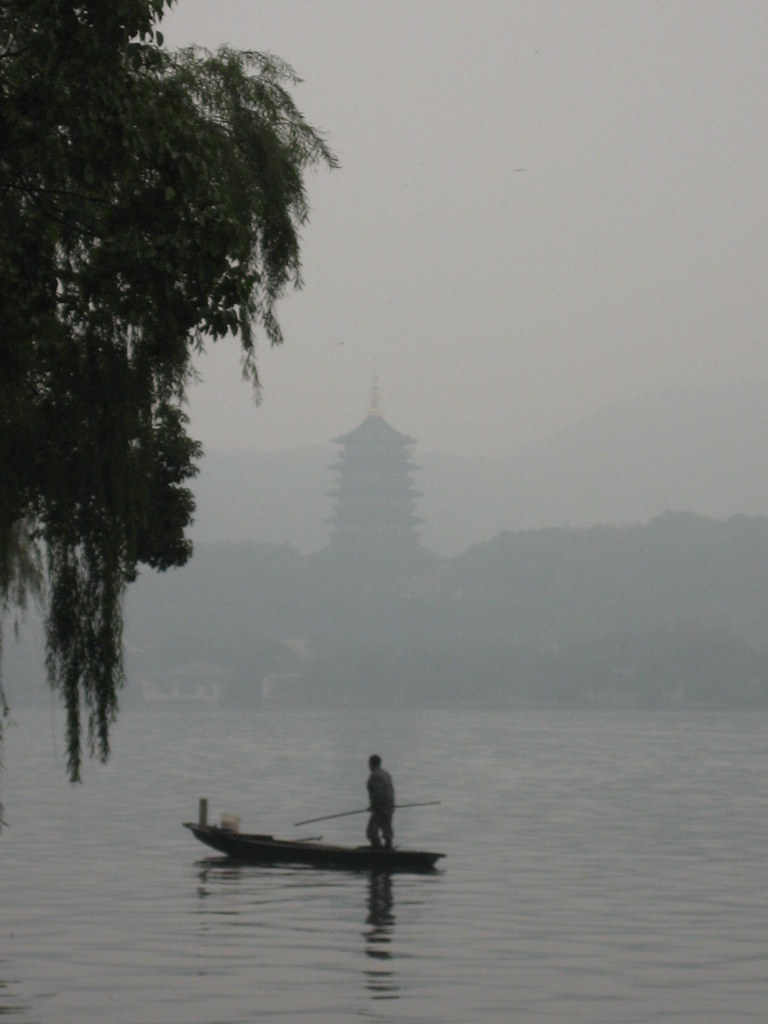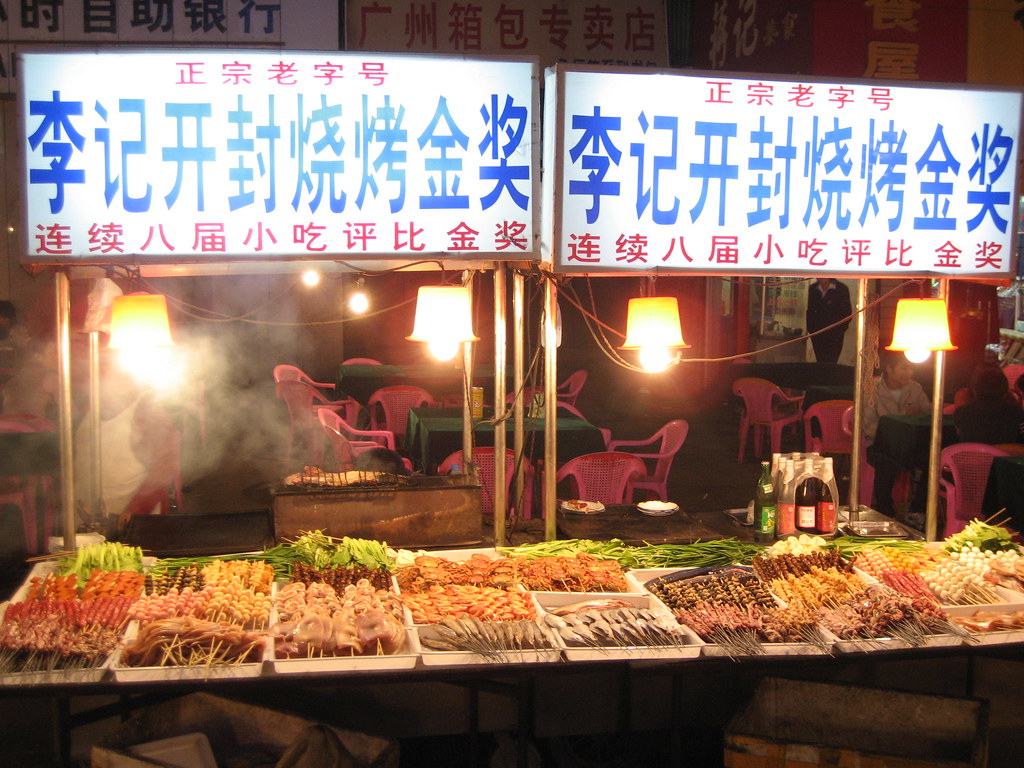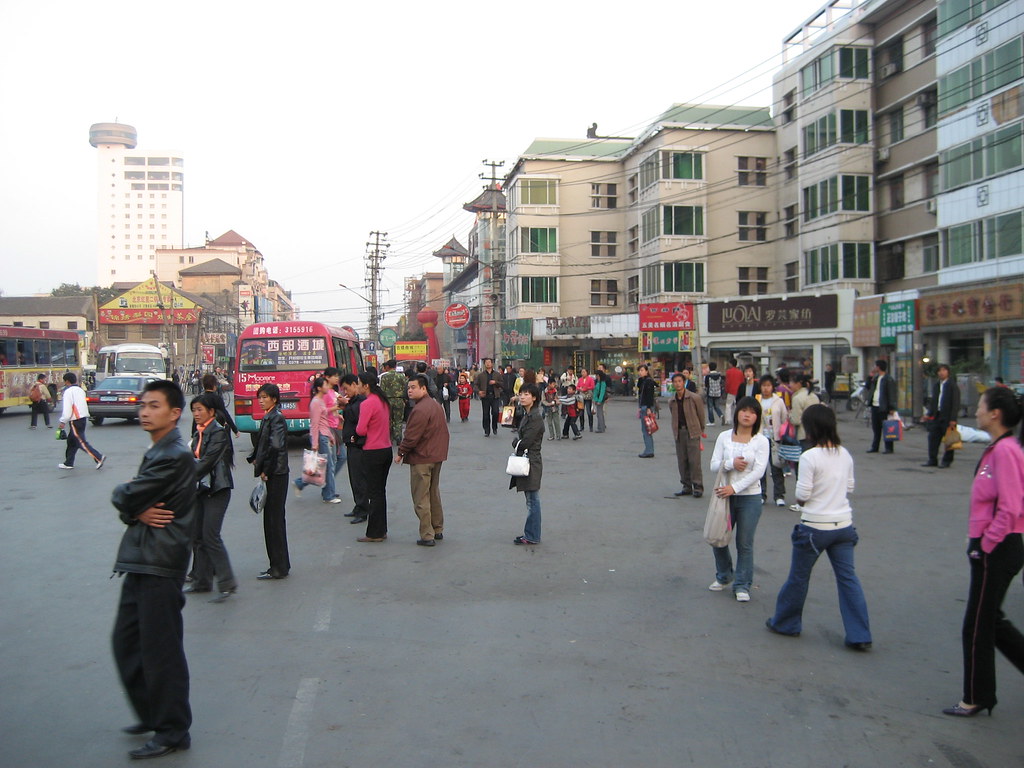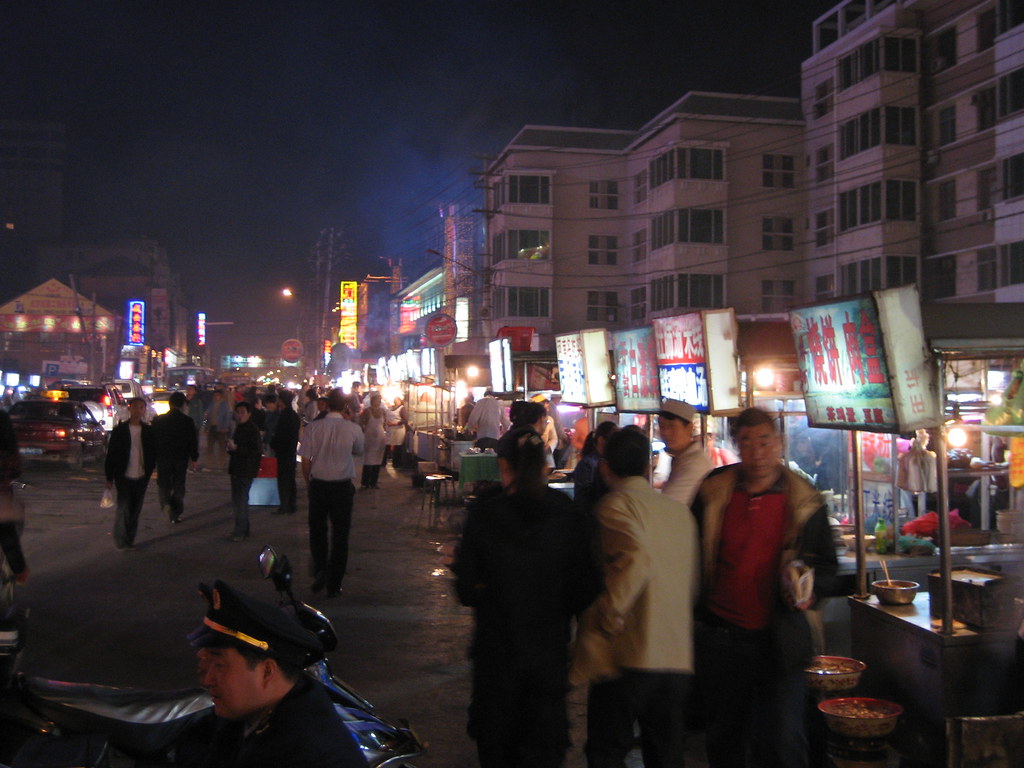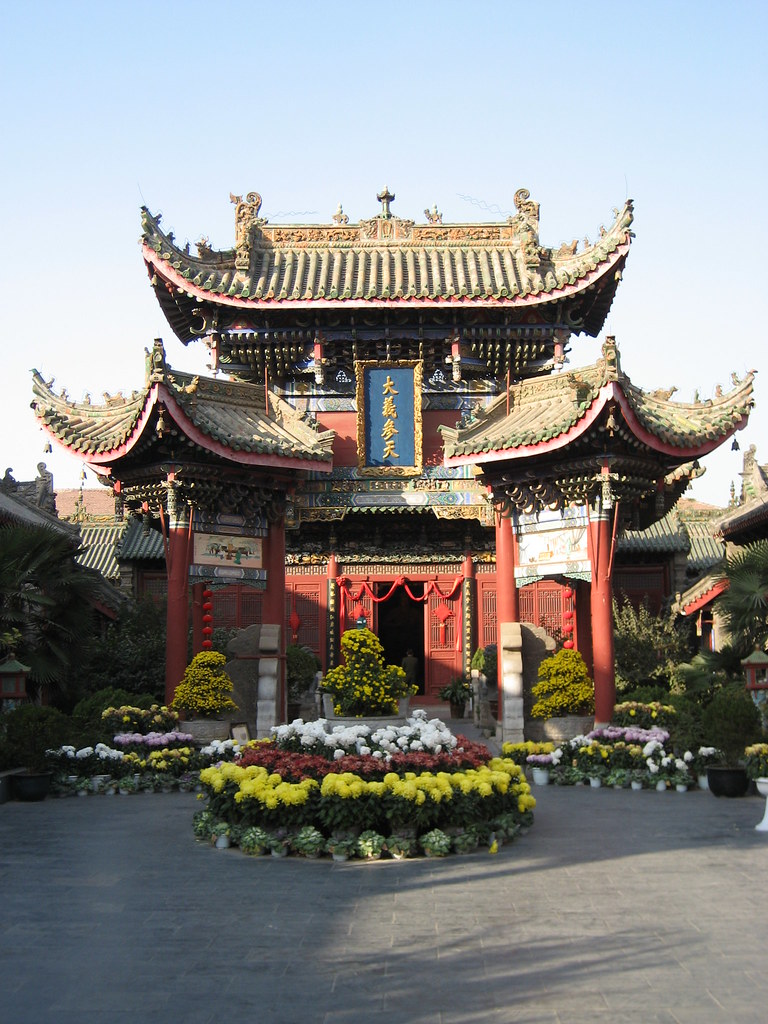And Now....On with Yangshuo....
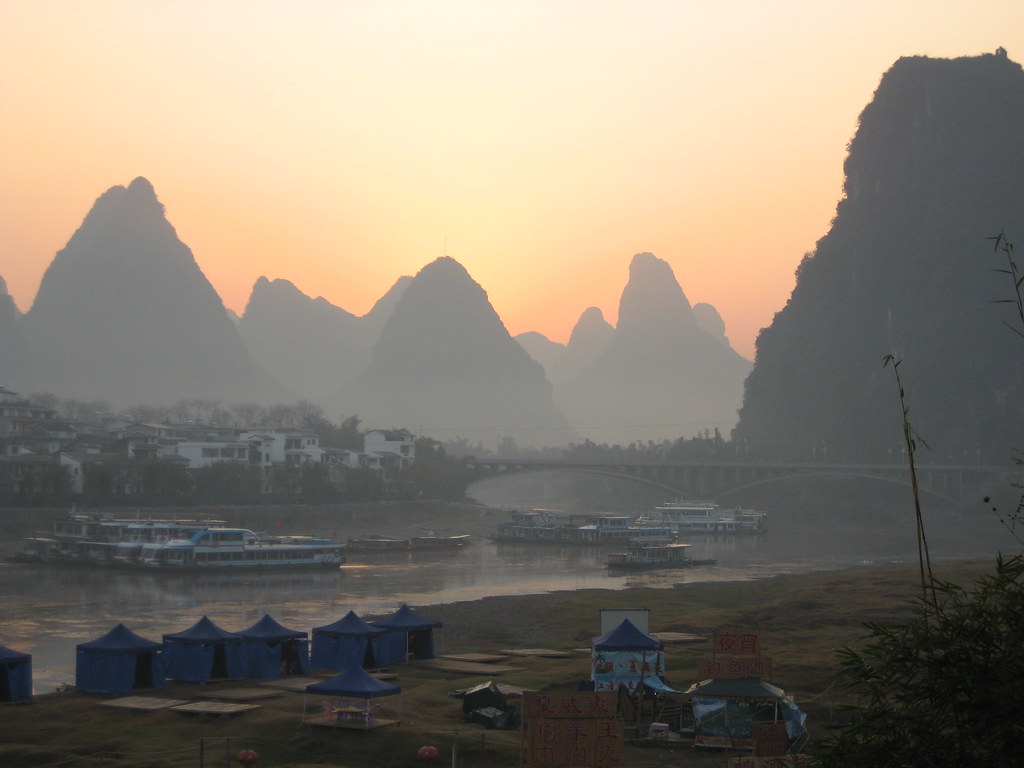
Shenzhen falls within a special economic zone (SEZ) in China, most products real and fake that are made for export pass through or near this area, as a result it is well known as the place to pick up fake goods at the best prices. Inside a multistory shopping centre beside the train station you can find hundreds of small retail outlets selling leather goods, electronics and jewellery. You can browse through watch catalogs of all the top brands, Tag, Omega, Rolex etc. and the one you want will be promptly pulled out of speaker system or other hiding place. It's a buyers market, the sellers are practically dragging people into the shops and the bargaining is fierce. It's definitely a place to head to with an empty suitcase, particularly if you enjoy haggling.
According to the lady behind the counter in the bus station the bus to Yangshuo departed at 10am and would take 13 hours to get there. It turned out to be a sleeper bus - that's a bus with three rows of bunk beds down the centre of it. It also happened to be an antique with well worn disgusting pillows and dusty blankets. We clambered aboard, engine running, got into bed and waited for the bus to depart. An hour later we had moved about 50 meters to a different spot in the bus station. Finally when we did pull out we did a big loop around the city picking up more passengers (as is the case with most Chinese bus trips). 3 hours later we passed Shenzhen airport ...meaning we were still within city limits. The bus finally reached Yangshuo 22 hours after it departed, road works and traffic jams, that brought us to a complete standstill for hours were to blame. Cabin (read tin coffin with duty blankets) fever was running high!
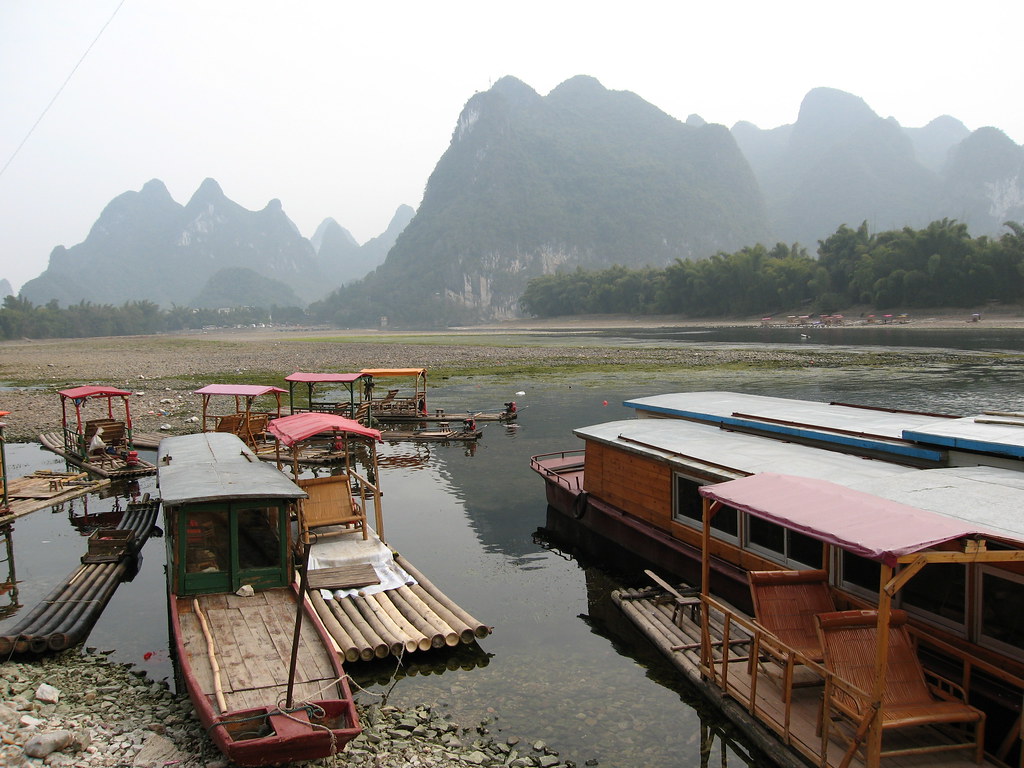
Yangshuo is a well known backpacker hangout in China. It's a small but growing town nestled in a remarkable limestone karst landscape. We decided that it would be a good location to spend Christmas and New Year thinking that it would have suitable Christmas cheer. It turned out to be a wise choice as we got to enjoy all the festivities. Christmas Eve saw us in "Buffalo Bar" run by a long time local Aussie, Alf for Christmas dinner complete with stuffing and funny looking shots. Outside, locals dressed in Santa hats sang western Christmas carols they had learnt in English class. A week later we were back to Alf's to ring in the New Year (and maybe once or twice in between).
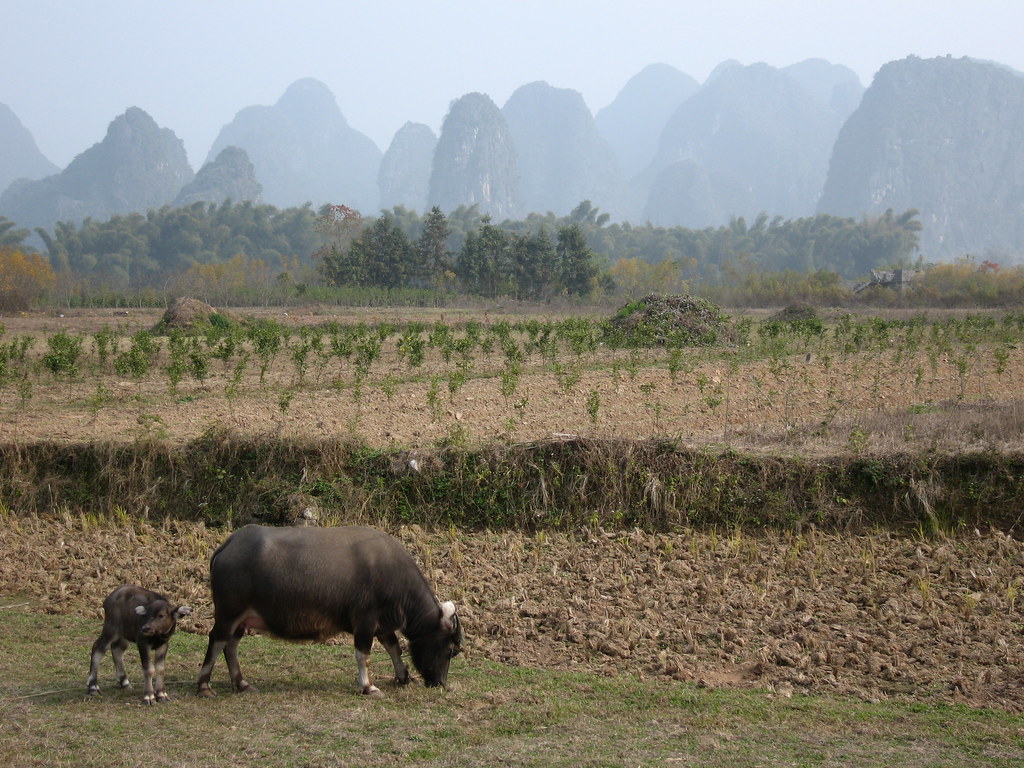
So a three week stop over Christmas/New Year... what did we do with all the time? After extensive searching the first morning we found the perfect room with a huge sunny balcony on top of "7th Heaven Cafe and Hotel". then we rapidly started to read through the hostel's book swap shelves. The intention during this time was to work on getting the blog up to date, the connectivity problems caused by the Taiwan earthquake put that idea to bed. Meanwhile a satellite arrived for installation in "Buffalo Bar" and the hope of catching Boxing Day Test Cricket from the MCG saw Marcus putting in a few hours of effort to try and get things working.
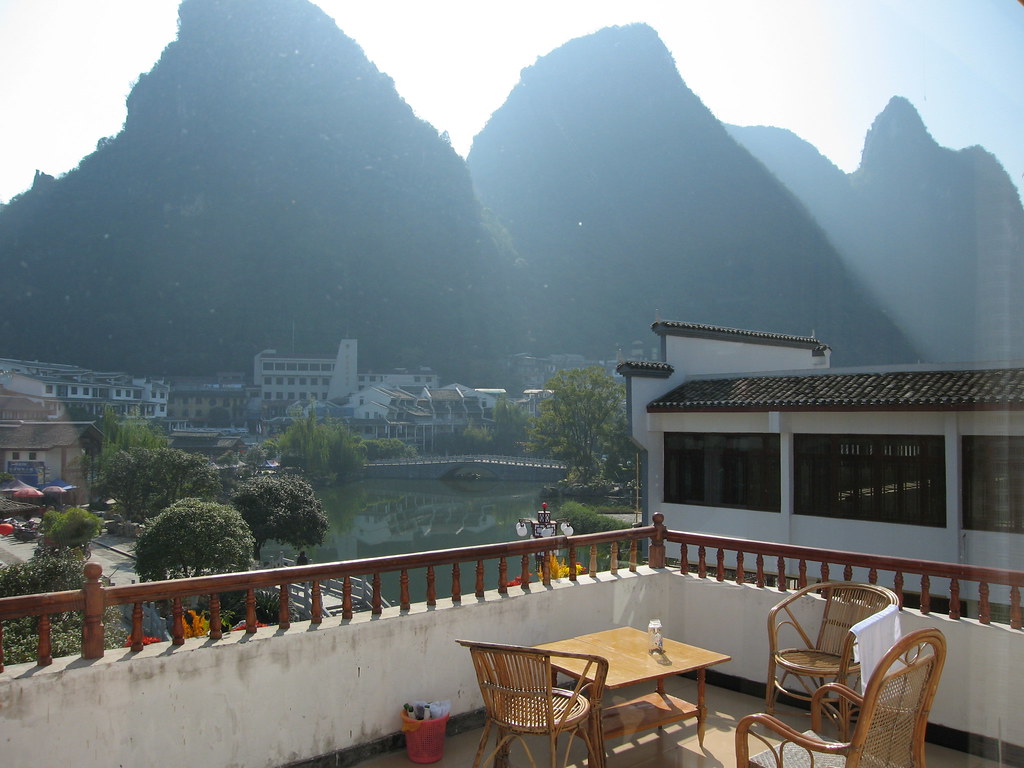
:: Our balcony & view ::
Aside from that we took it easy enjoying Happy Hours, woodfired pizzas and great Chinese food. We rented bikes for a few days and took off into the surrounding countryside to explore dusty roads running alongside rice fields - the beautiful scenery of the karst backdrop made this a memorable experience. We took a river boat trip up the River Li from Xingping to Yangdi - again amazing scenery. Finally we took the time out to do a cookery course in a local school. No excuses for not eating Chinese in the future now.
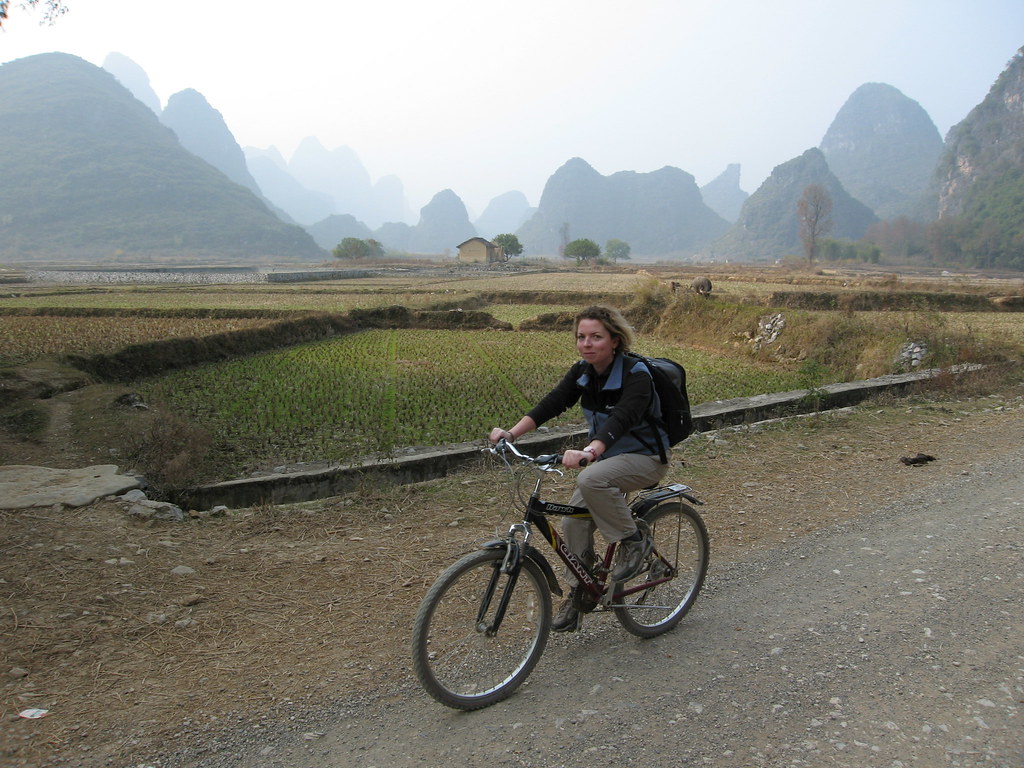
:: Great scenery for cycling ::
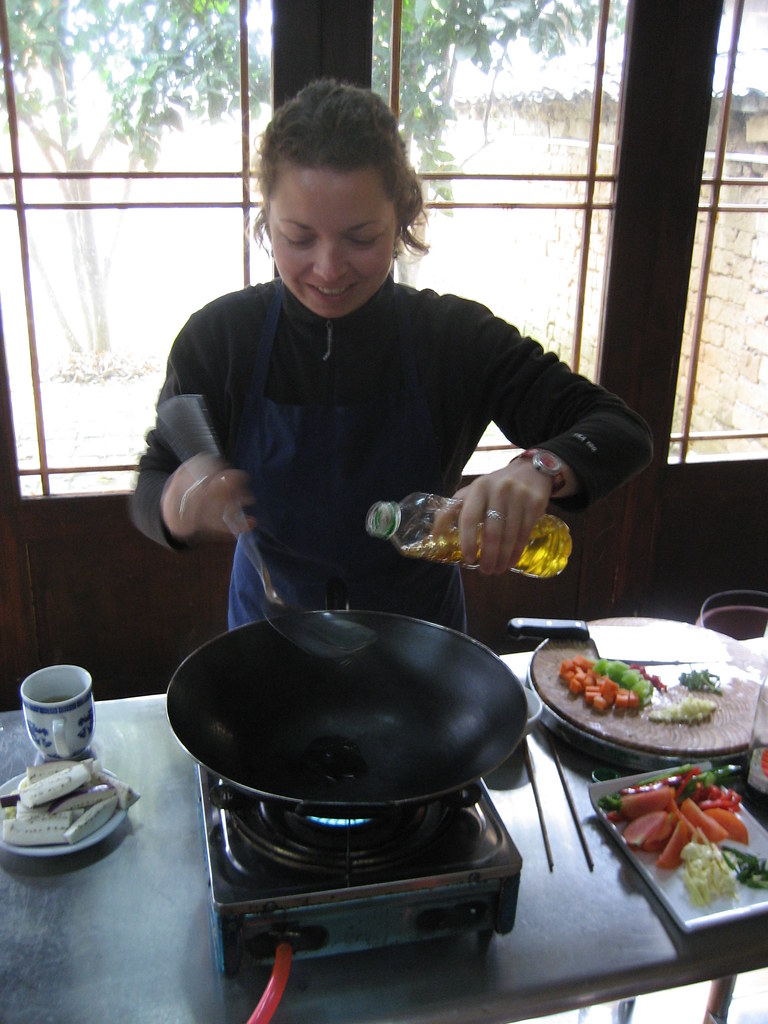
:: Remind us to cook the beer fish for you ::
Eventually we decided that it was time to cut the cord and leave. An ideal opportunity presented itself when we won the "Buffalo Bar" weekly table quiz - it was as good a time as any and we might as well go out on top!


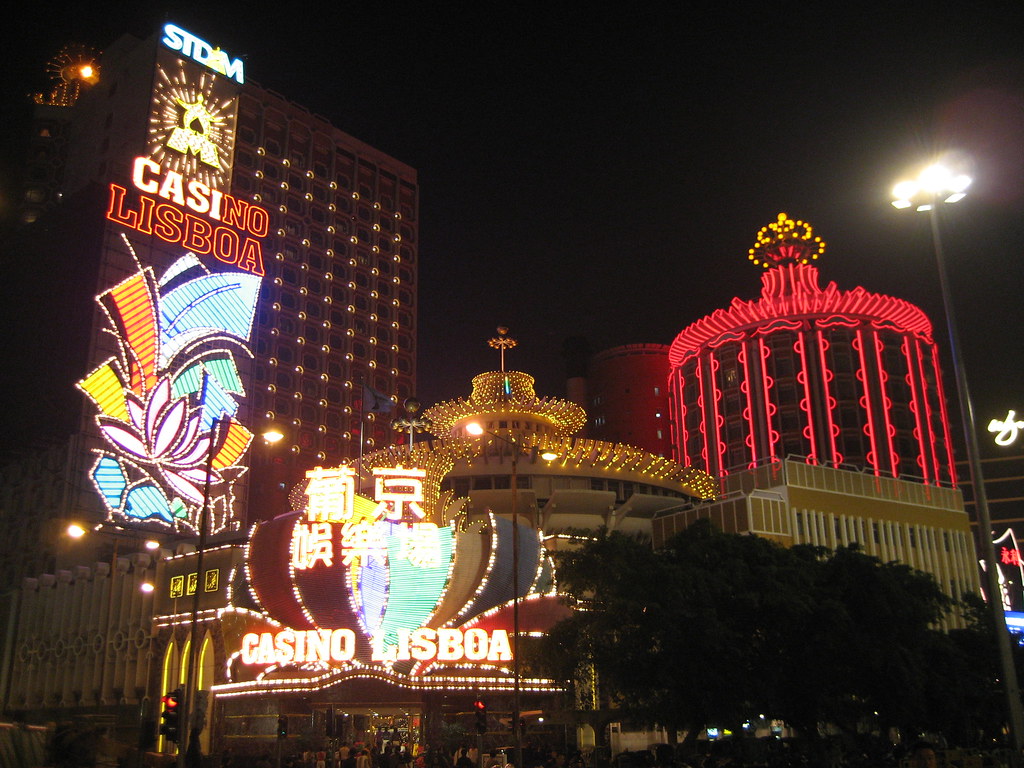
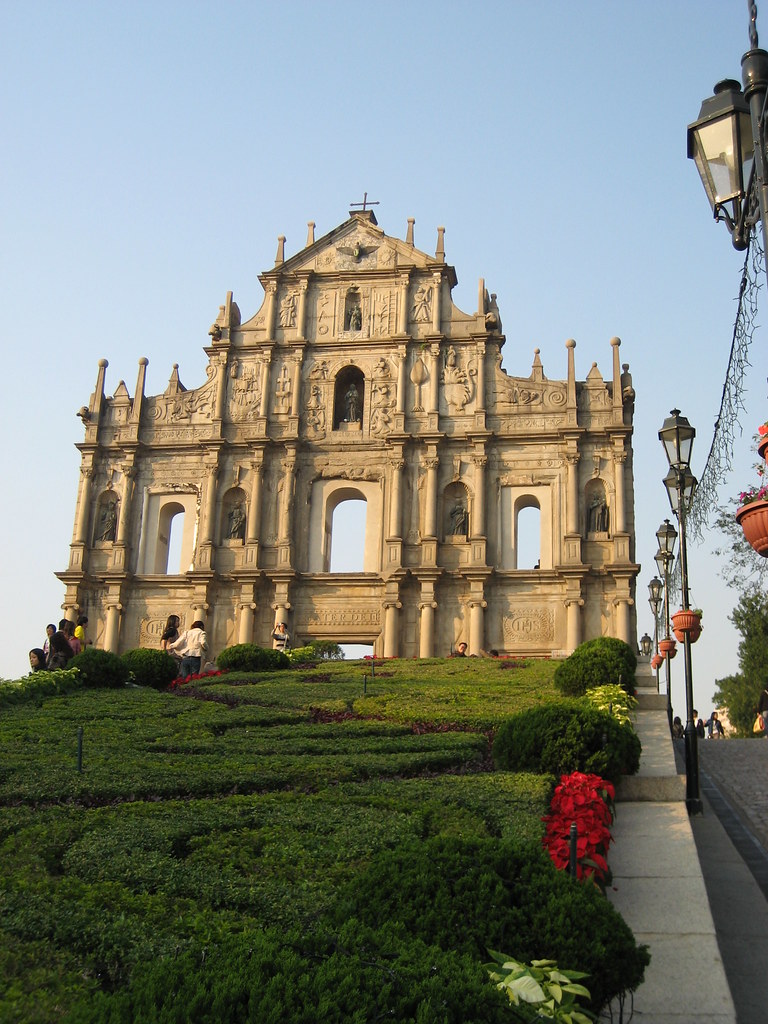
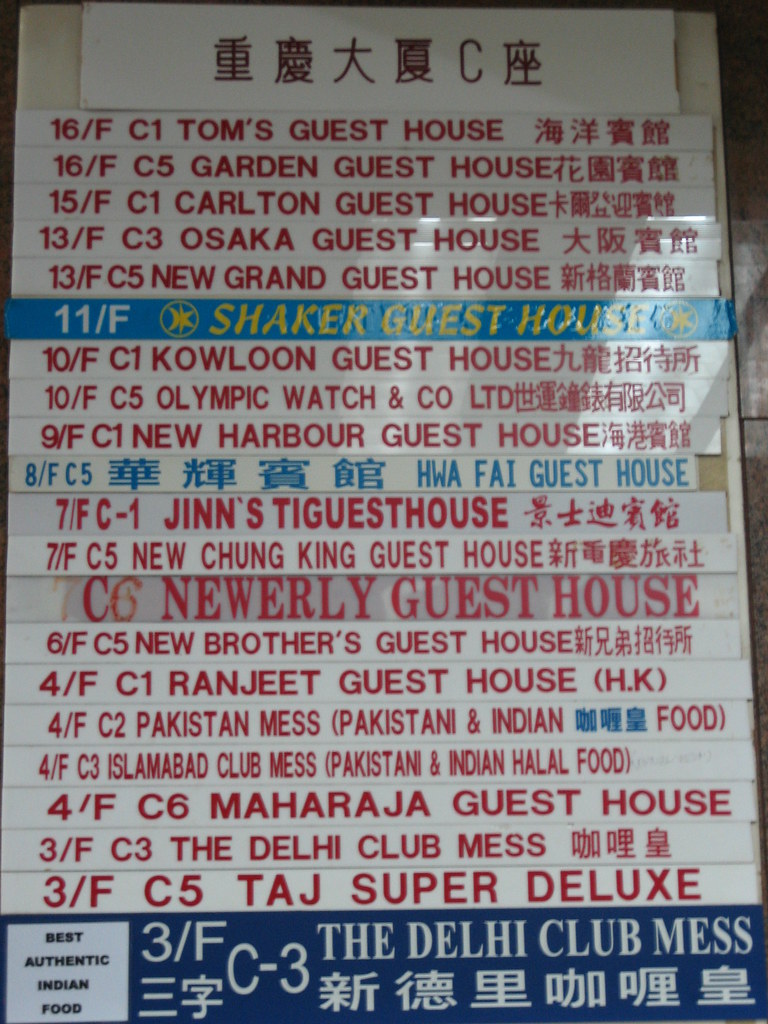
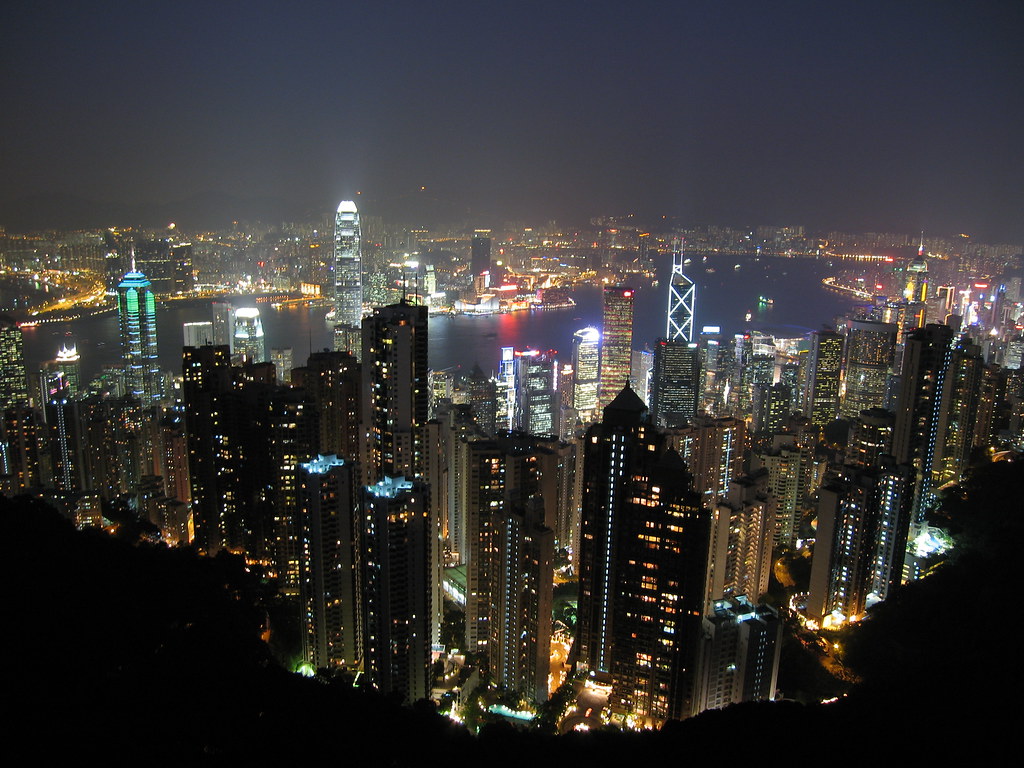
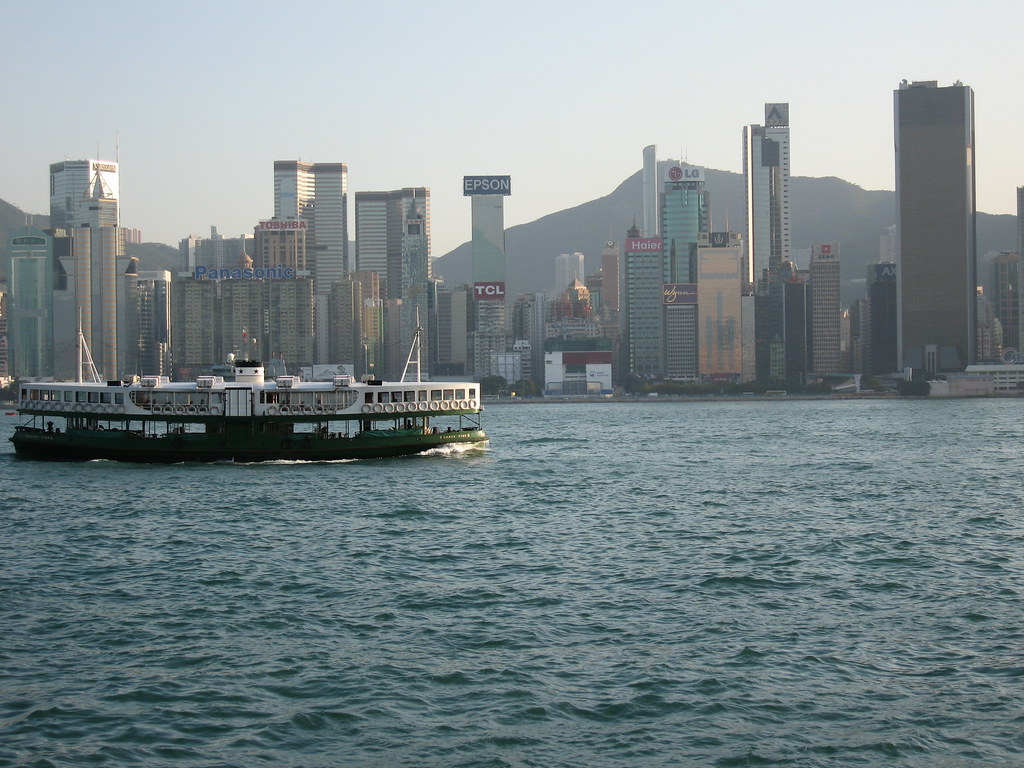

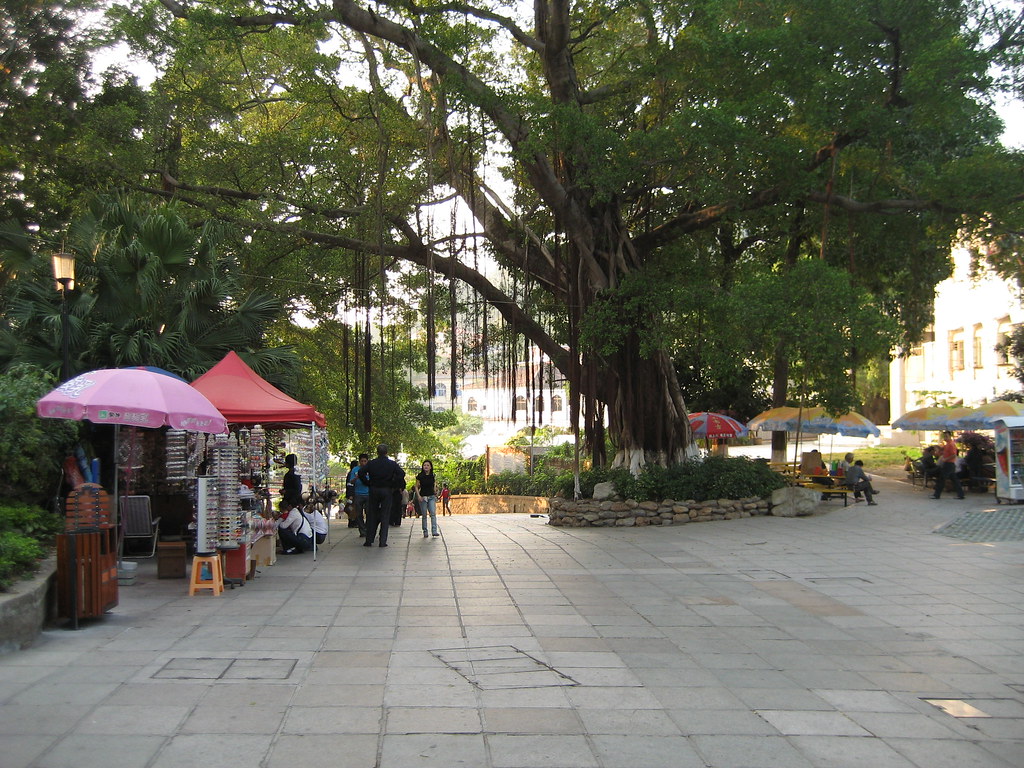
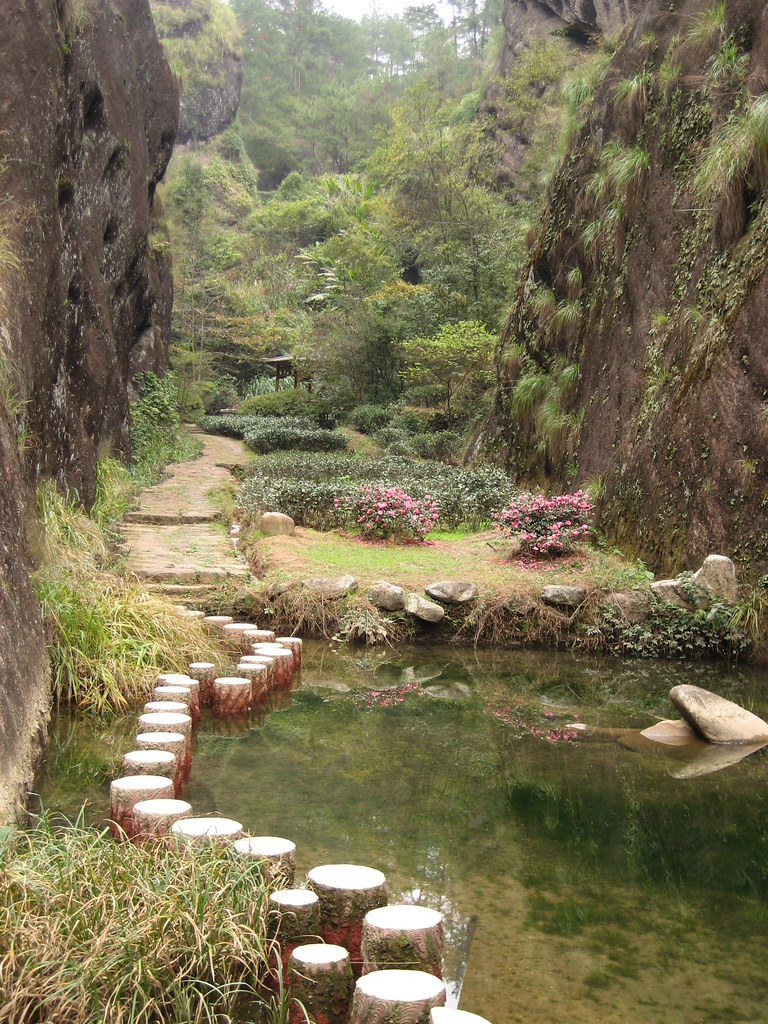
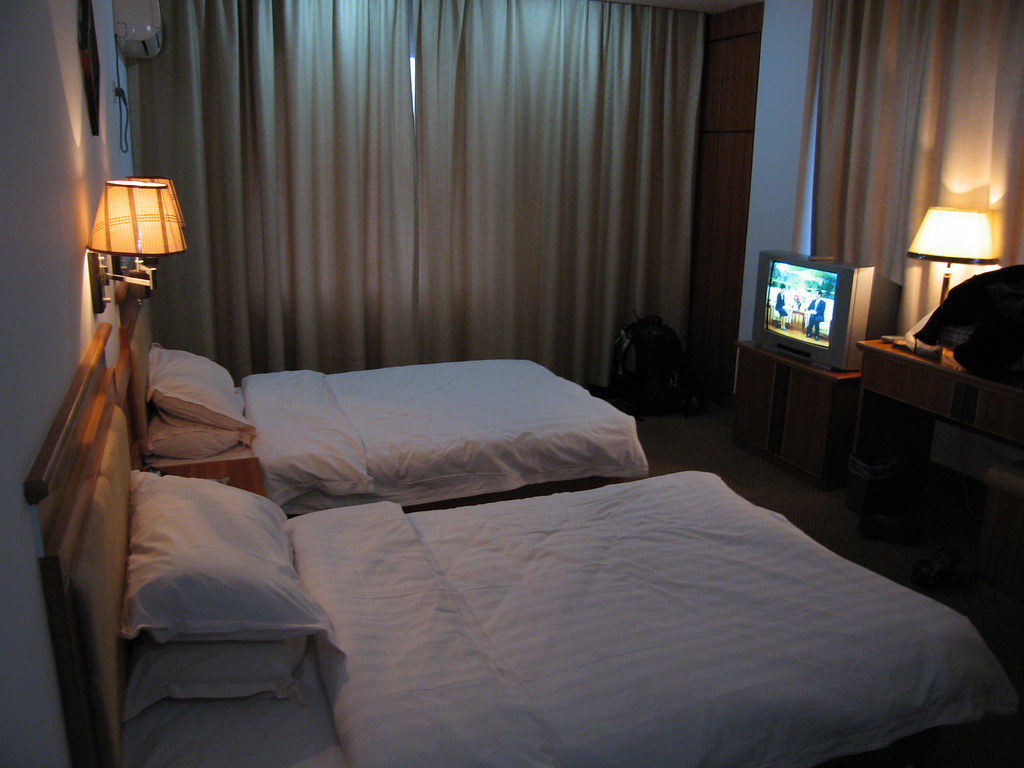
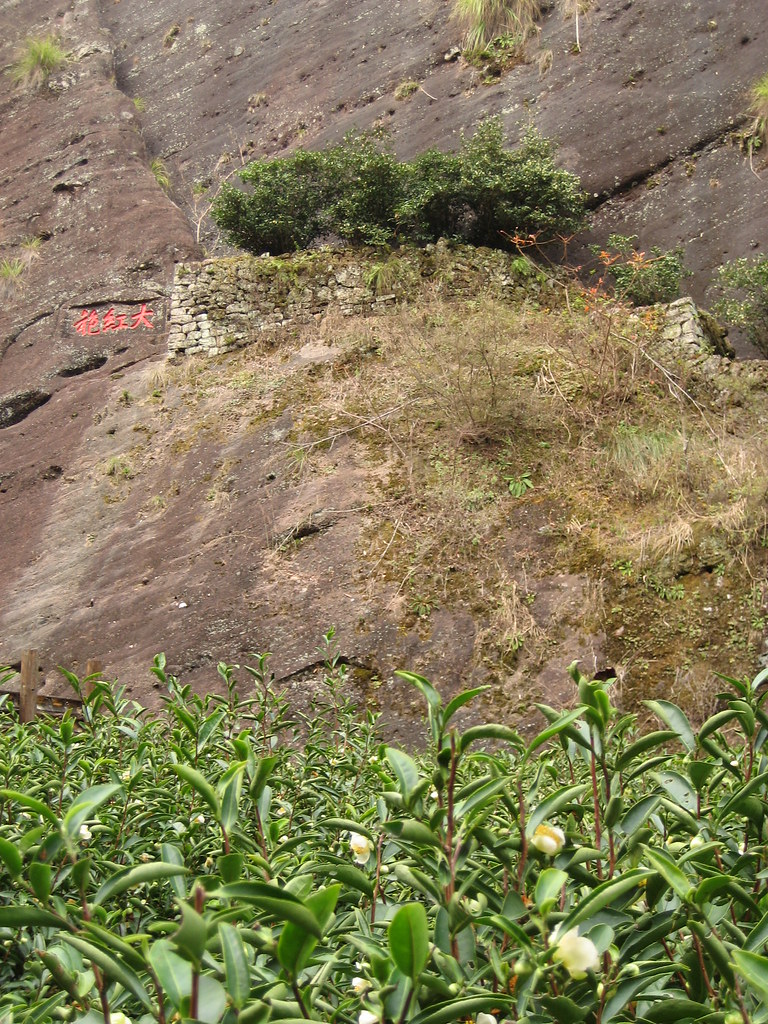
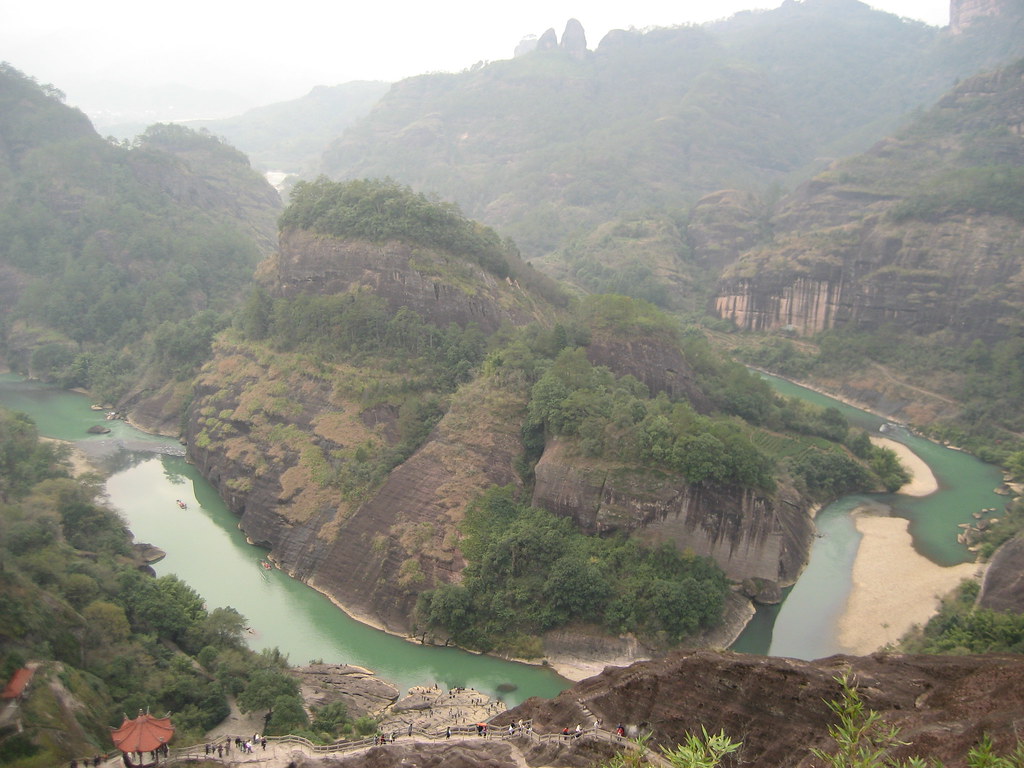
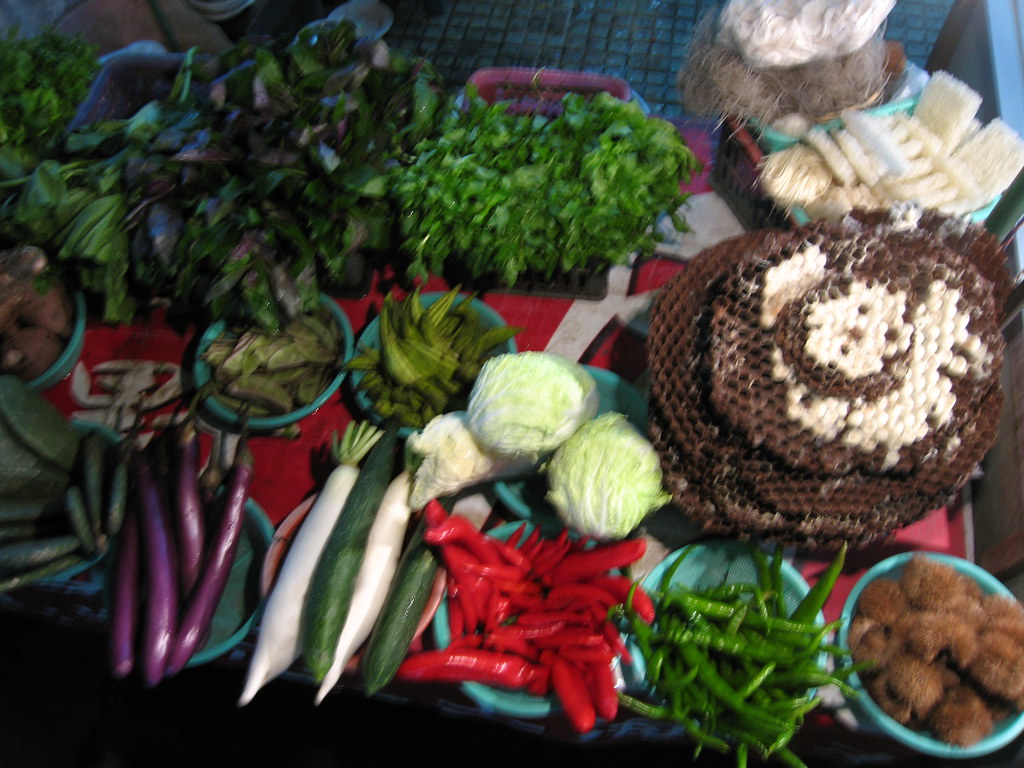
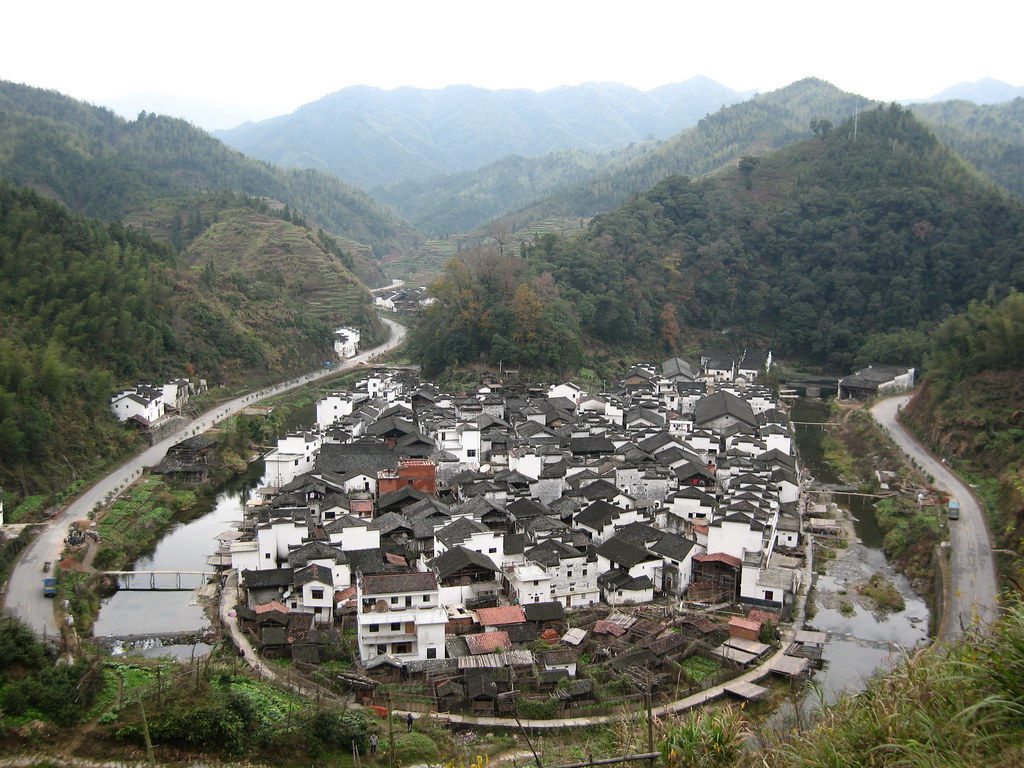
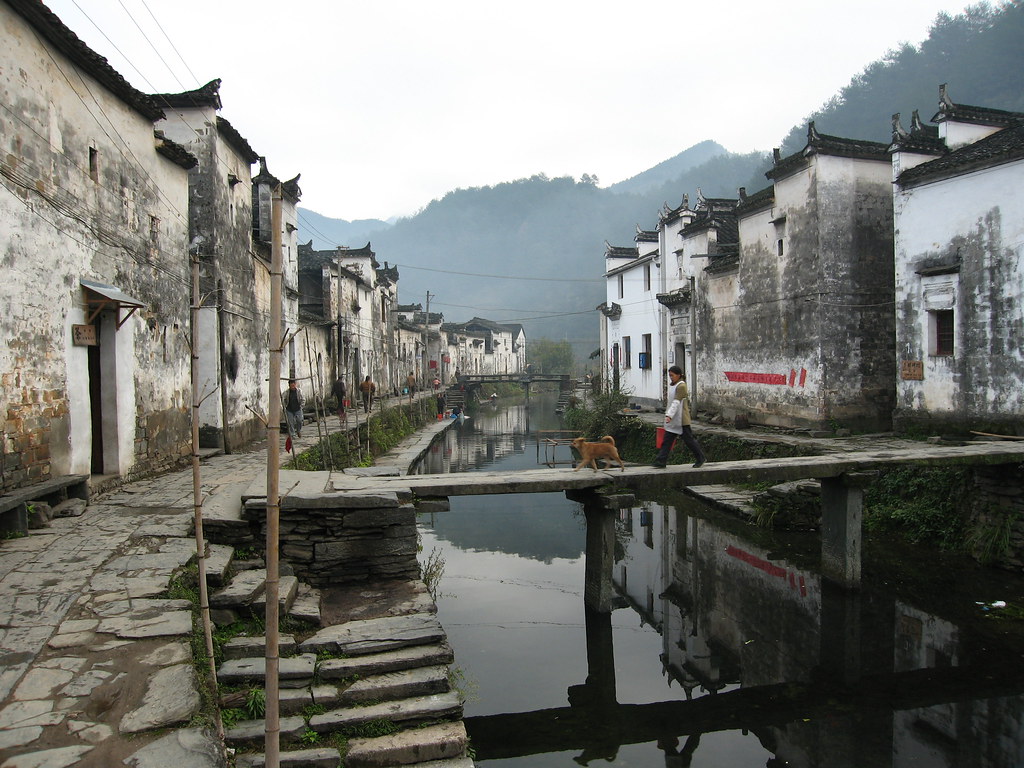
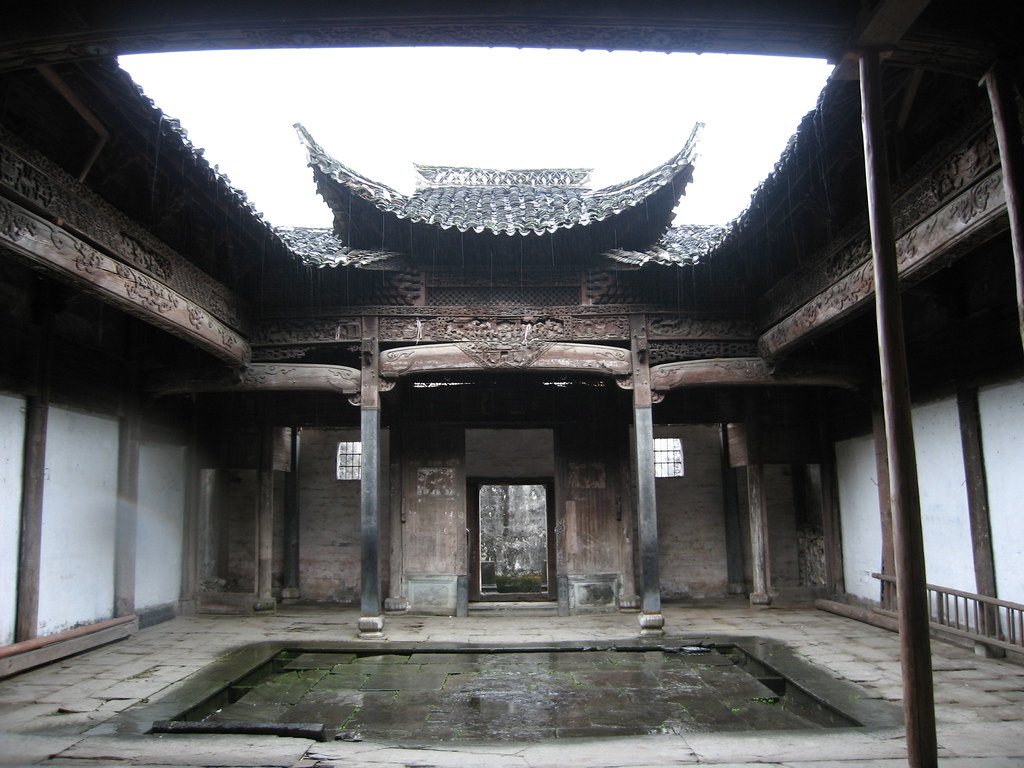
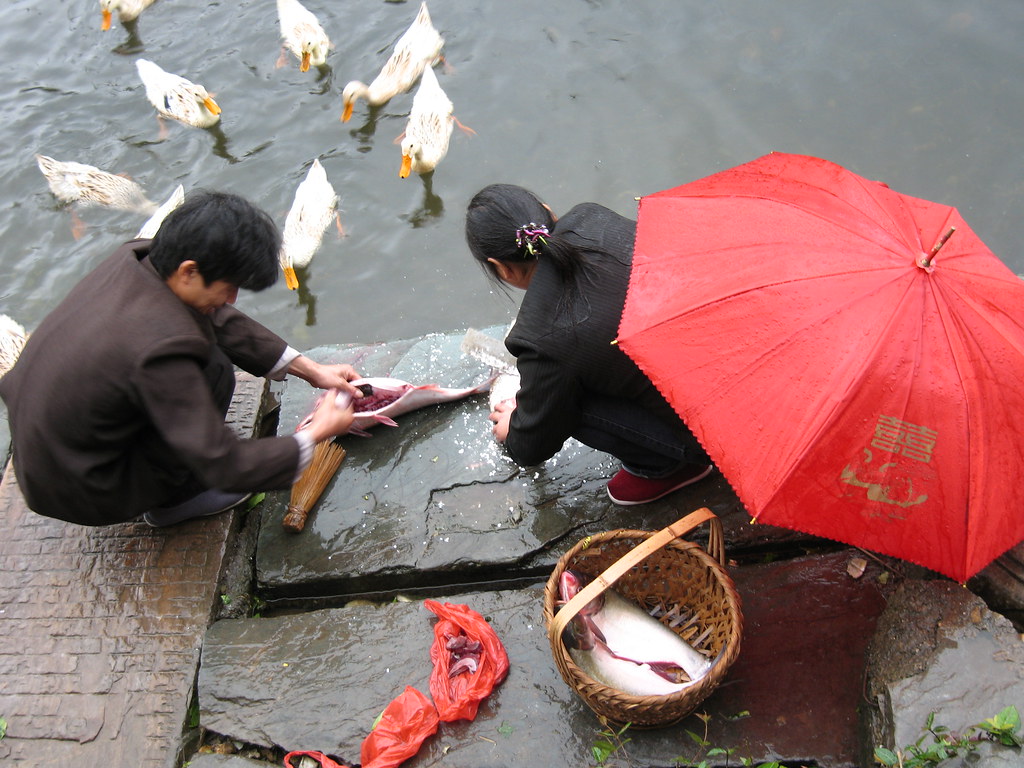
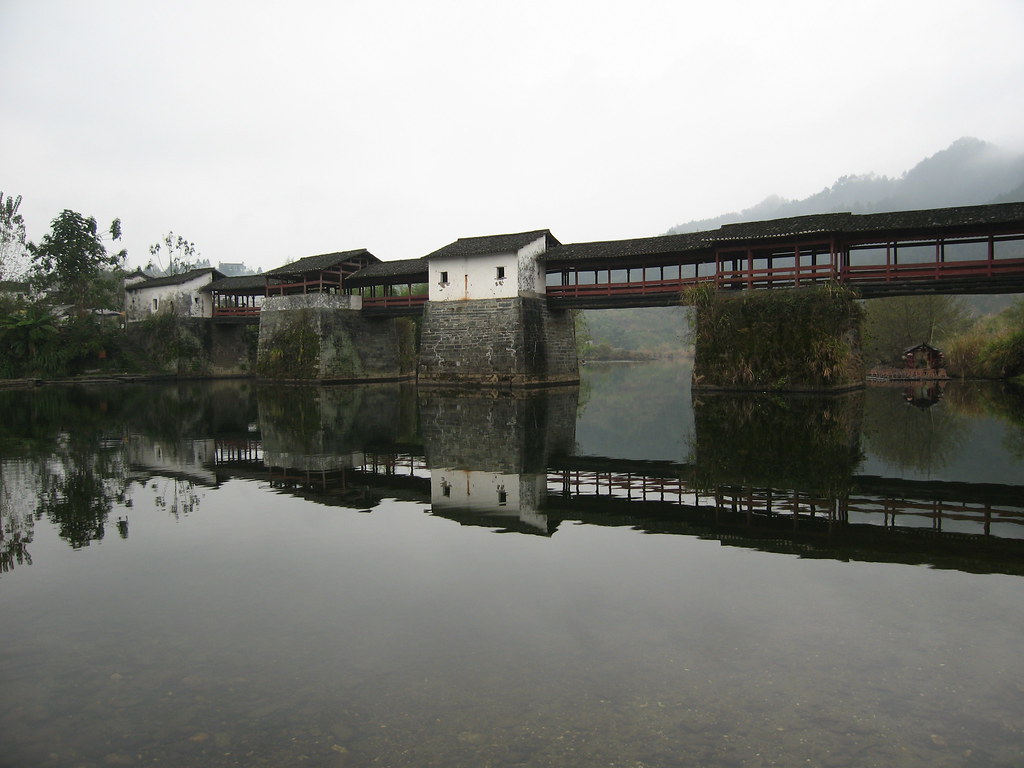
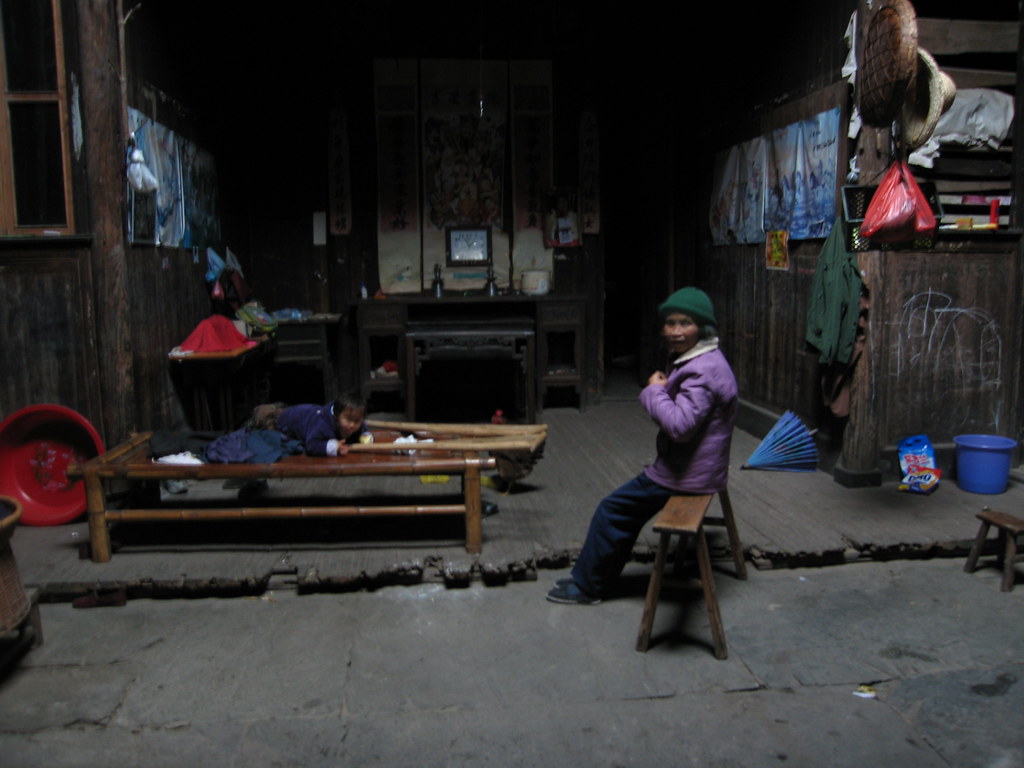
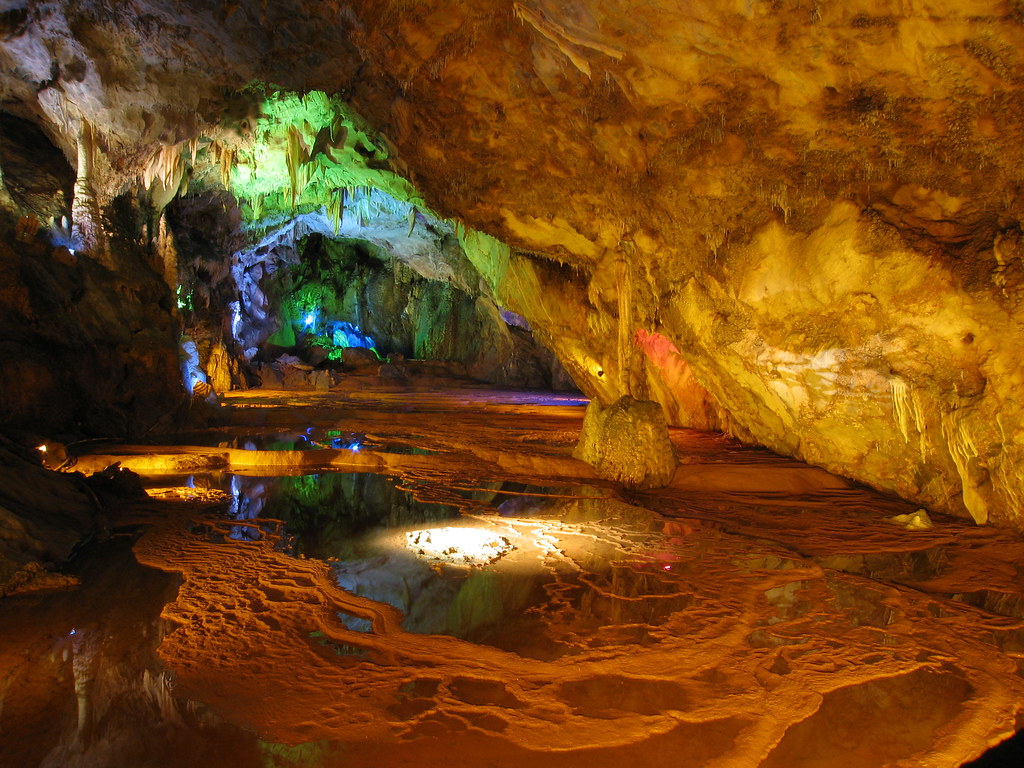 :: Spectacular Lingyan caves ::
:: Spectacular Lingyan caves ::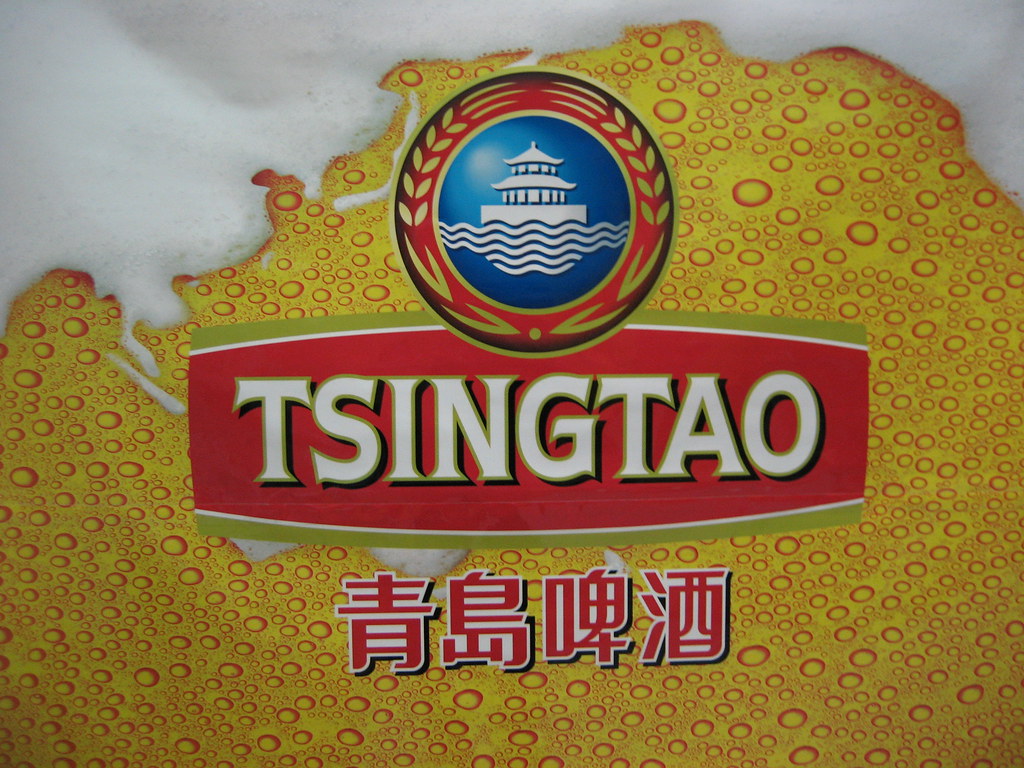
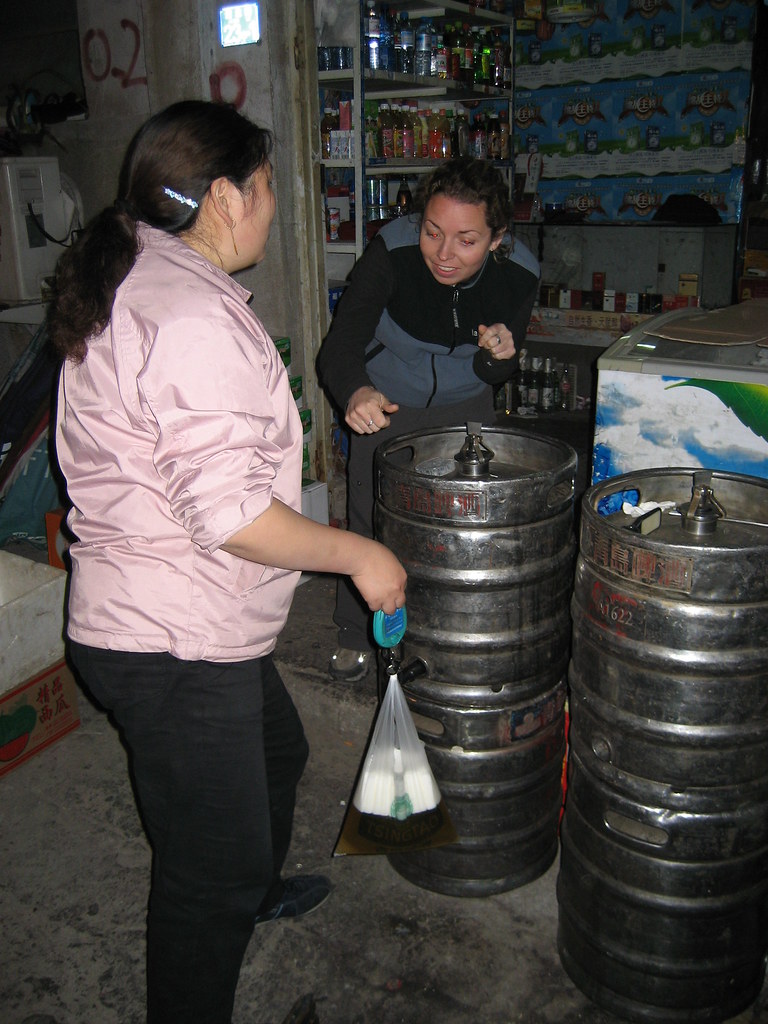
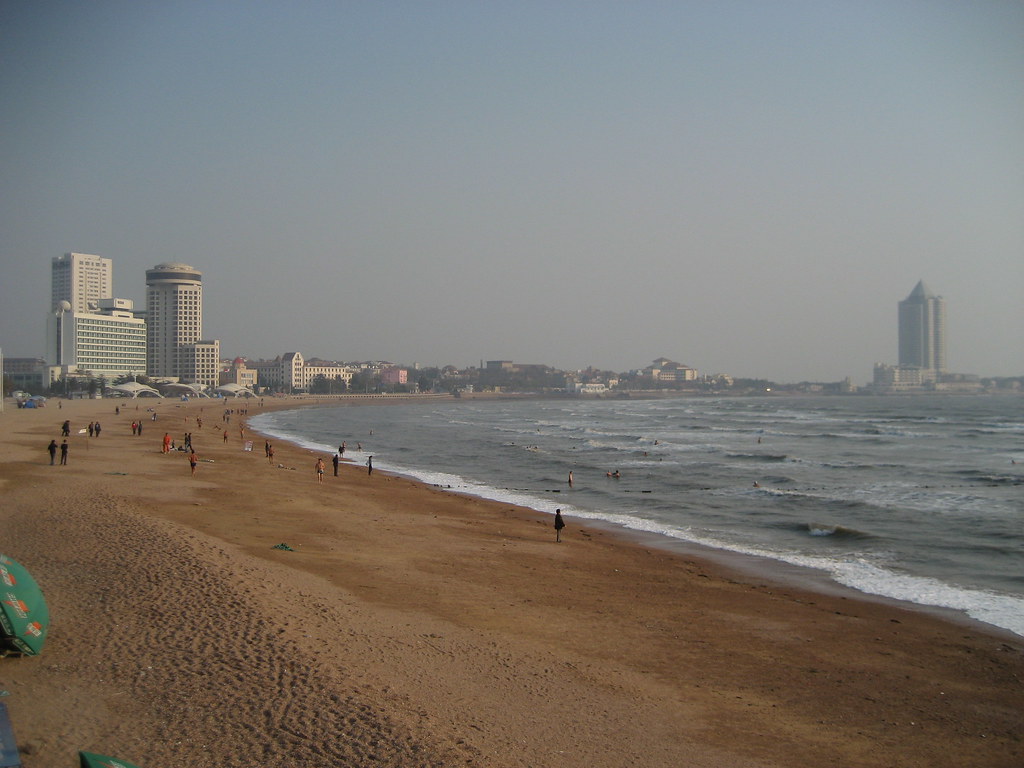
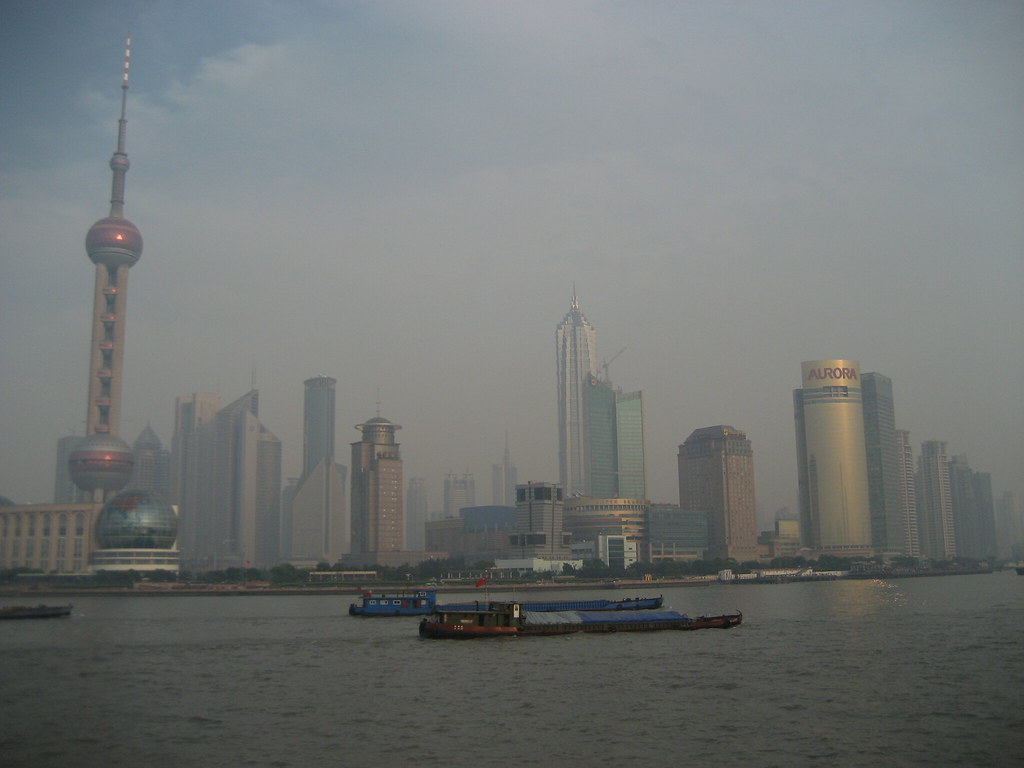 One of the highlights of Shanghai is a walk along the spectacular Bund at night when the old building are dramatically lit up. It's here that thousands of tourists take the famous Shanghai skyline photographs. Not wanting to miss out on the retail options we ventured up the shopping street Nanjing Lu. If you enjoy being accosted and dragged down small alleyways on the promise of fake watches, handbags and shoes then this can be enjoyable. For us, it got annoying very quickly to the stage where we were asking the touts if they wanted to buy a watch from us before they had a chance to get their pitch in. We took a day trip north to the city of Suzhou to see the famous gardens. We underestimated the size of the city so unfortunately only got to visit one of the gardens the tranquil "Master of the Fishing Nets" garden.
One of the highlights of Shanghai is a walk along the spectacular Bund at night when the old building are dramatically lit up. It's here that thousands of tourists take the famous Shanghai skyline photographs. Not wanting to miss out on the retail options we ventured up the shopping street Nanjing Lu. If you enjoy being accosted and dragged down small alleyways on the promise of fake watches, handbags and shoes then this can be enjoyable. For us, it got annoying very quickly to the stage where we were asking the touts if they wanted to buy a watch from us before they had a chance to get their pitch in. We took a day trip north to the city of Suzhou to see the famous gardens. We underestimated the size of the city so unfortunately only got to visit one of the gardens the tranquil "Master of the Fishing Nets" garden. 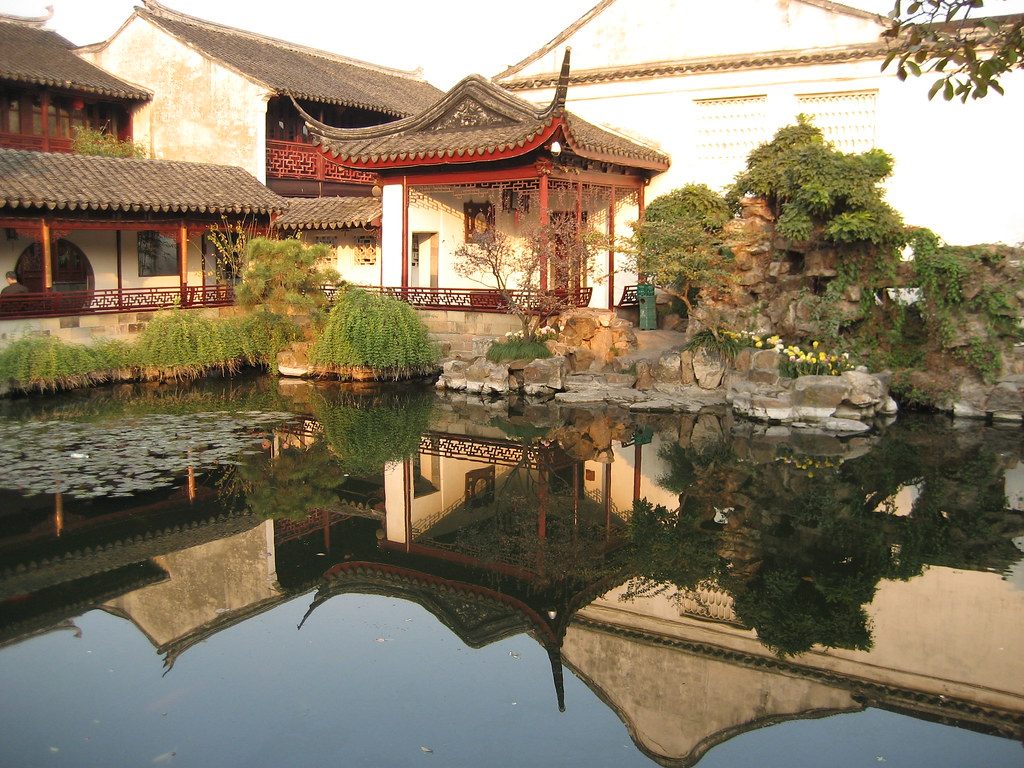 Afterwards, taking the non touristy path back to the train station, we dropped into a local restaurant for dinner. They were so delighted to see us in their restaurant that they gave us free beers and a complementary pottery toothpick holder to remind us of the evening. The owner spent a lot of time running out to cars that pulled up and exchanging 100 RMB notes with the occupants so we probably ate in the local drug baron's restaurant.
Afterwards, taking the non touristy path back to the train station, we dropped into a local restaurant for dinner. They were so delighted to see us in their restaurant that they gave us free beers and a complementary pottery toothpick holder to remind us of the evening. The owner spent a lot of time running out to cars that pulled up and exchanging 100 RMB notes with the occupants so we probably ate in the local drug baron's restaurant.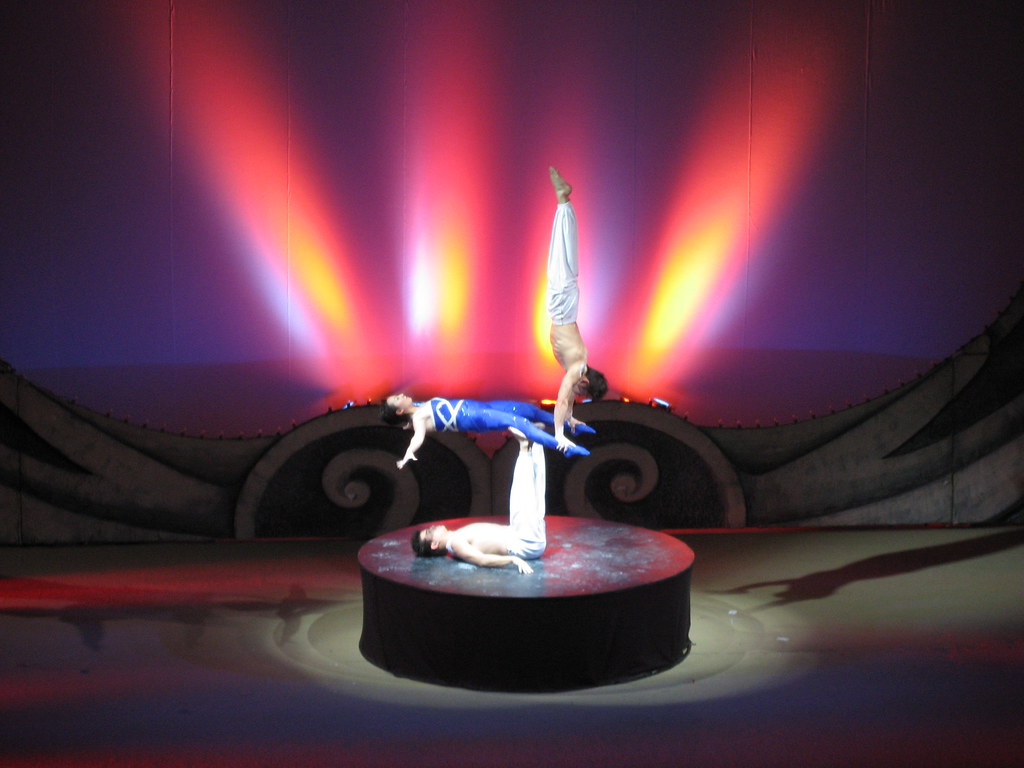 Luckily we got a couple of great balmy days in Shanghai before torrential rains hit the city driving us indoors. We spent an evening at The Grand Theatre watching acrobats bend themselves into impossible positions and swing over us precariously on ribbons. Our best indoor find out of the rain was an all you can eat restaurant buffet (french wine and draft beer included) for 126 RMB/ 12 euros/ 20 AUD each.
Luckily we got a couple of great balmy days in Shanghai before torrential rains hit the city driving us indoors. We spent an evening at The Grand Theatre watching acrobats bend themselves into impossible positions and swing over us precariously on ribbons. Our best indoor find out of the rain was an all you can eat restaurant buffet (french wine and draft beer included) for 126 RMB/ 12 euros/ 20 AUD each.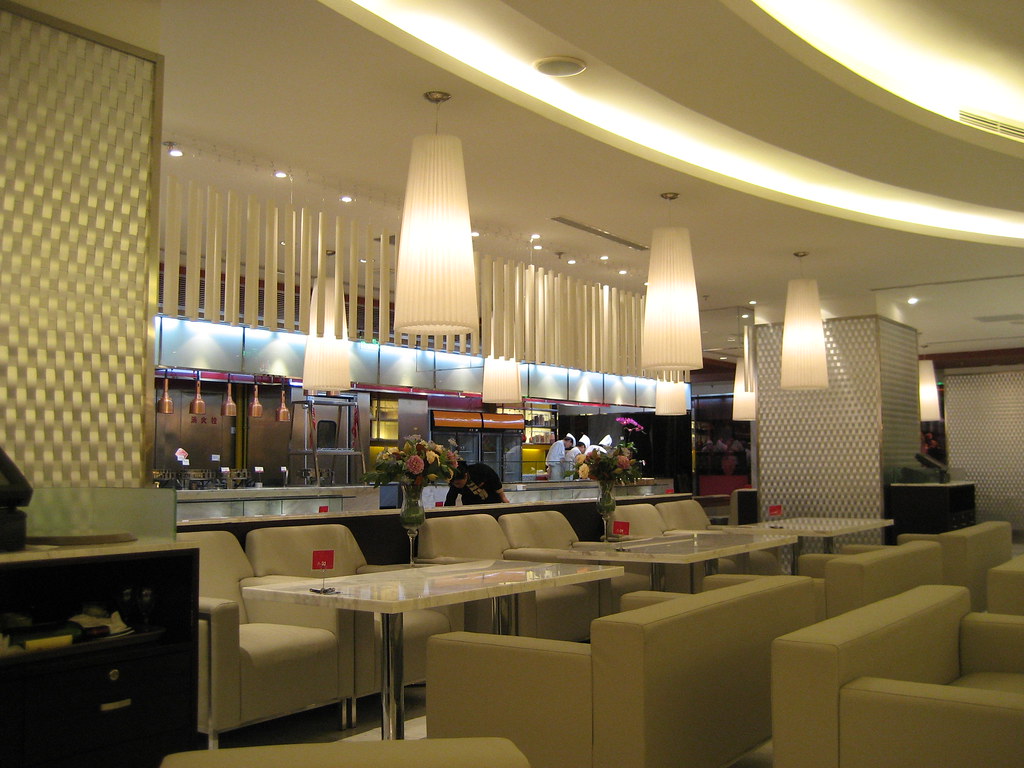 Expecting some tired old buffet we were shocked to find a brand new swanky buffet with all the high quality food that forces you to question how anyone is making any money! e.g sushi, prawns, shanghai hairy crabs, lamb chops, roast beef, Haagen Daz icecream etc. Needless to say we had a lovely evening there eating a targeted selection of amazing food.
Expecting some tired old buffet we were shocked to find a brand new swanky buffet with all the high quality food that forces you to question how anyone is making any money! e.g sushi, prawns, shanghai hairy crabs, lamb chops, roast beef, Haagen Daz icecream etc. Needless to say we had a lovely evening there eating a targeted selection of amazing food.